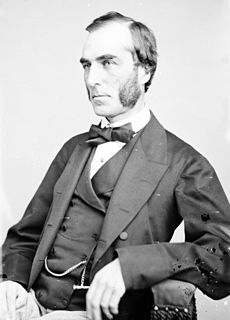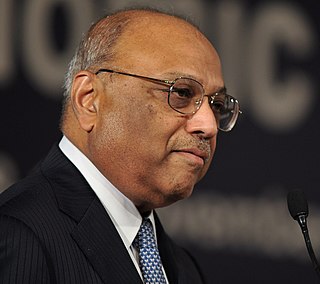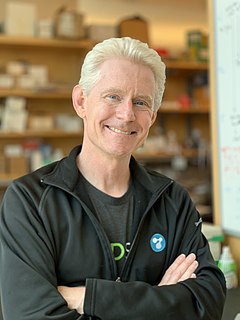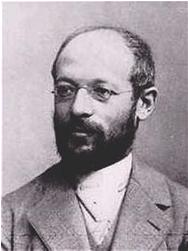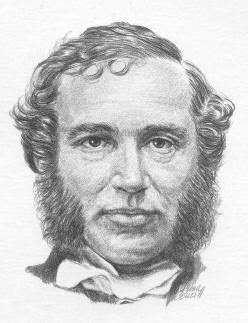A Quote by Wayne Pacelle
When we transplant organs, we are enabling viruses to jump natural barriers between species.
Related Quotes
Pretty much everybody knows there are not enough organs for all of those patients who need to get transplants, and what happens is, is that organs are actually directed in liver transplantation to those patients who are the sickest. So the patients who have the greatest chance of dying in the next three months or so are the ones who get the priority for the liver transplant.
But we must here state that we should not see anything if there were a vacuum. But this would not be due to some nature hindering species, and resisting it, but because of the lack of a nature suitable for the multiplication of species; for species is a natural thing, and therefore needs a natural medium; but in a vacuum nature does not exist.
Surveying the way viruses have been discovered in the past, I came to the conclusion that I could use my technology that I developed as a graduate student - DNA microarray technology - to create a chip that would simultaneously screen for all viruses ever discovered, and furthermore have the built-in capability of discovering new viruses.







